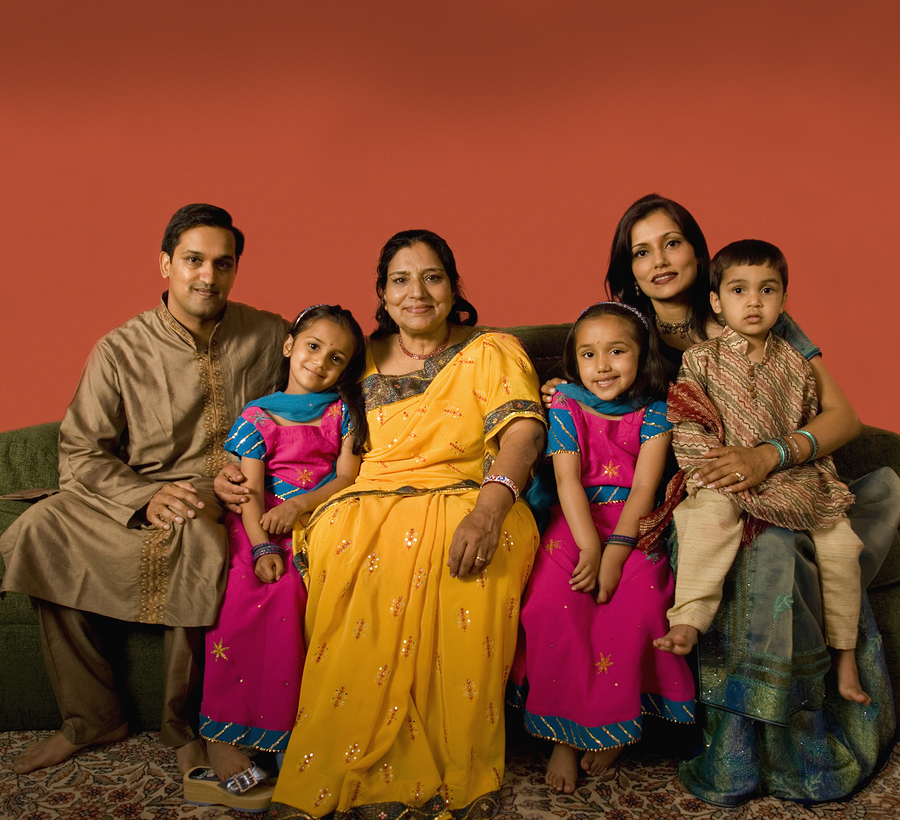By Nadia Shah
Unhealthy vs. Healthy Relationships
Not all relationships fit neatly inside a category but we can try to define some as healthy and unhealthy relationships. By understanding the characteristics of healthy and unhealthy relationships, we gain insight and might gain the ability to make positive changes.

Let’s start off with identifying the traits of an unhealthy relationship:
- The other person TAKES and you GIVE (all the time). Relationships need balance. Lack of balance typically leads to resentment. Think of traditional South Asian in-laws: they expect the daughter-in-law to put in all the effort in the household but sometimes don’t reciprocate. We often hear news of South Asian daughter-in-laws being mistreated, abused, or expected to be “slaves”. Imagine the level of resentment a daughter-in-law in that situation would feel.
- They bring out the worst in you. If you notice you’re an angrier person, mean, or displaying other out of character traits when around a particular person, then it’s most likely time to reevaluate. For example, when you’re around your mom, sister-in-law, or someone else, and you notice you’re feeling tense, speaking differently, on-edge, or generally not yourself, then that’s probably a sign that you’re in an unhealthy relationship.
- You’re being consistently disappointed. You can’t expect your parents or husband to bow down to every request, but if you have reasonable expectations such as respect and you end up repeatedly disappointed, you’re most likely in an unhealthy relationship.

- You are being controlled. Good relationships allow for ample freedom to be yourself and pursue your interests. Some indicators of a controlling relationship are: You are his everything, you lose contact with family and friends, and he is never at fault . It’s important to try to recognize the traits of a controlling individual or relationship before marriage. Unfortunately many do not.
- The relationship leaves you exhausted. If you feel excessively tired or feel that you are exerting all of your energy dealing with issues, conflicts, and emotional distress, then it’s a good sign that your relationship is unhealthy. Our South Asian culture expects that younger folks care for and serve the older folks. That may not be a bad trait (I love that we respect our elders so much) but when it reaches a point that you are exhausted, defeated, and unlike yourself, you have a problem.
Being able to identify the unhealthy people in your life can help you set limits in each respective relationship. Consider limiting your time with that person, being cautious of how you are being affected. Also, be careful not to disclose too much personal information to avoid leaving yourself feeling too vulnerable. Your first step should be to consider talking to the other person about your concerns. Depending on how important the relationship is to you, this is usually the first step toward improvement.
 On the flip side, a good relationship usually consists of communication, trust, equality, respect, freedom, and healthy boundaries.
On the flip side, a good relationship usually consists of communication, trust, equality, respect, freedom, and healthy boundaries.
Hopefully all of your relationships are healthy or at the very least the unhealthy ones have limits to them. But with anything you care about, you have to do maintenance.
Here are a few tips on maintaining peaceful relationships:
- Give people the benefit of the doubt. Don’t automatically assume your sister-in-law rejected your food because she doesn’t like your cooking.
- Look at yourself for the problem first. Don’t unconsciously blame yourself but self-examine if you might have contributed to any issues.
- Choose your battles.
- Confront compassionately and clearly. Our culture uses a great deal of indirect communication and if you have adopted that style of communication, you may not have been clear in expressing your needs. I like this quotation “Don’t make a permanent decision from temporary emotion.”
- Maintain boundaries. Whatever boundaries are appropriate for you, set them. You don’t need to necessarily state them verbally but rather with your behavior.
Hopefully by understanding the characteristics of the two types of relationships, we are able to protect ourselves from the negative and unhealthy and surround ourselves by the positive and healthy. And as of you know firsthand, we often stay in unhealthy relationships because our Asian culture prevents us from ending them, especially with regards to family and in-laws. It is in these relationships that we can try to set appropriate boundaries so we aren’t as negatively affected.
More about the author

Columnist, In-Law Corner
Nadia Shah is a first generation Pakistani-American. Having been happily married for years, she’s lived through some of the challenges that so many South Asians face. Fortunately, as a therapist (Licensed Clinical Social Worker), she was able to gain a positive perspective on some of her challenges, but still struggled on many days. It was that emotional roller coaster that led her to the concept of a safe place where South Asians can share their feelings and connect and she founded southasianinlaws.com.
©masalamommas and masalamommas.com, 2016-2017. Unauthorized use and/or duplication of this material without express and written permission from this site’s author and/or owner is strictly prohibited. Links may be used, provided that full and clear credit is given to masalamommas.com and Masalamommas online magazine with appropriate and specific direction to the original content.



There are no comments
Add yours